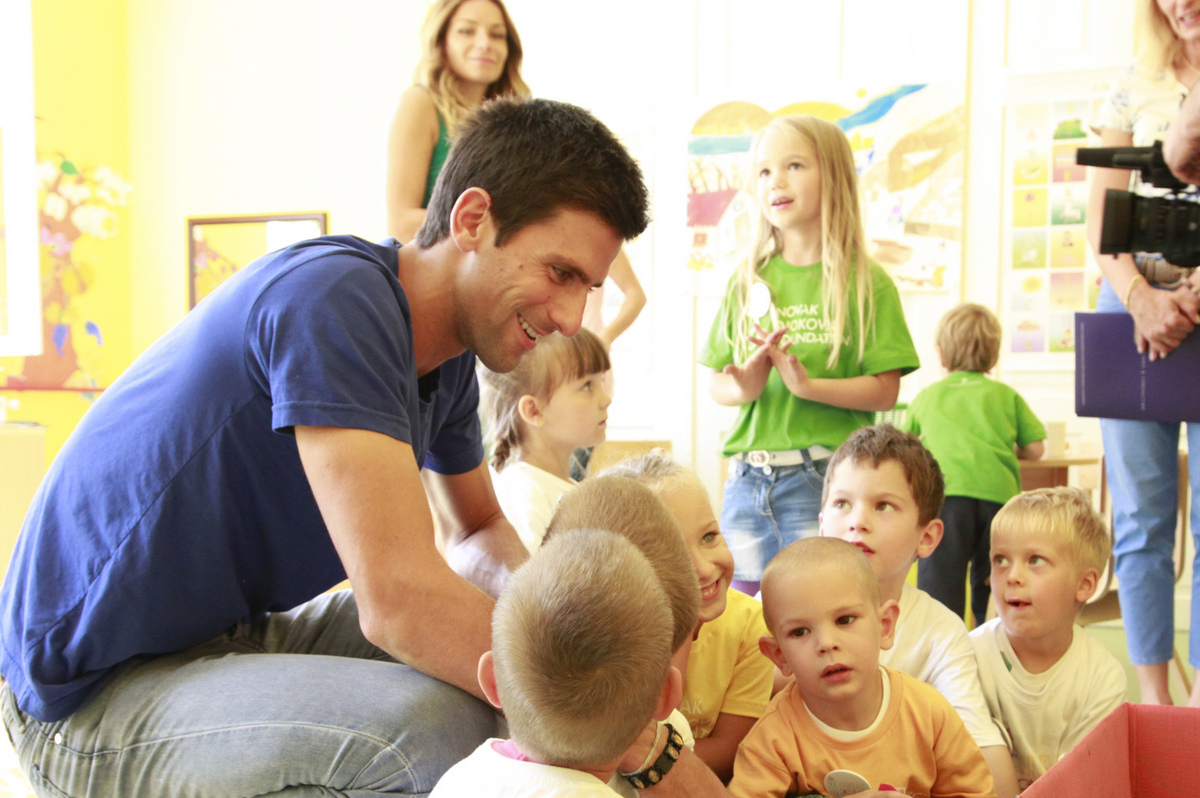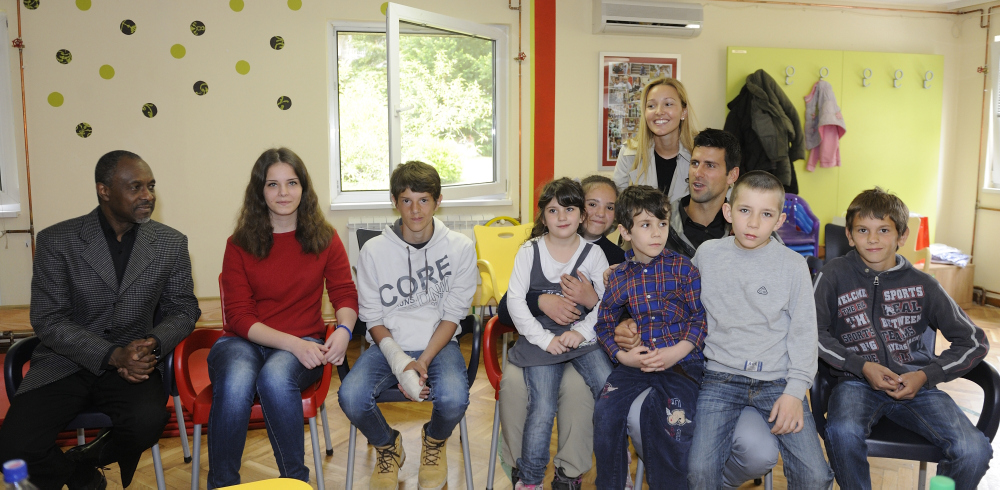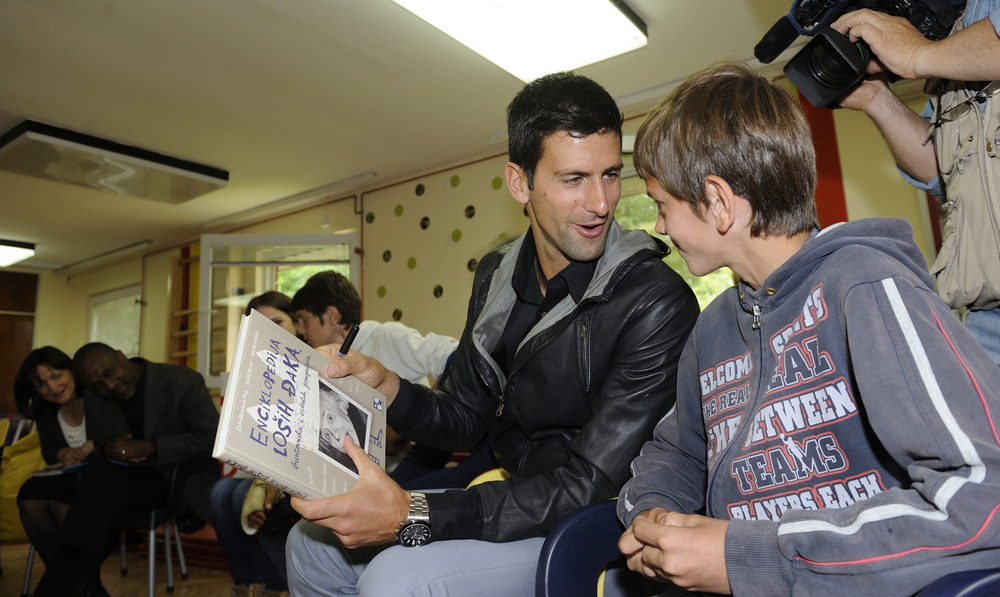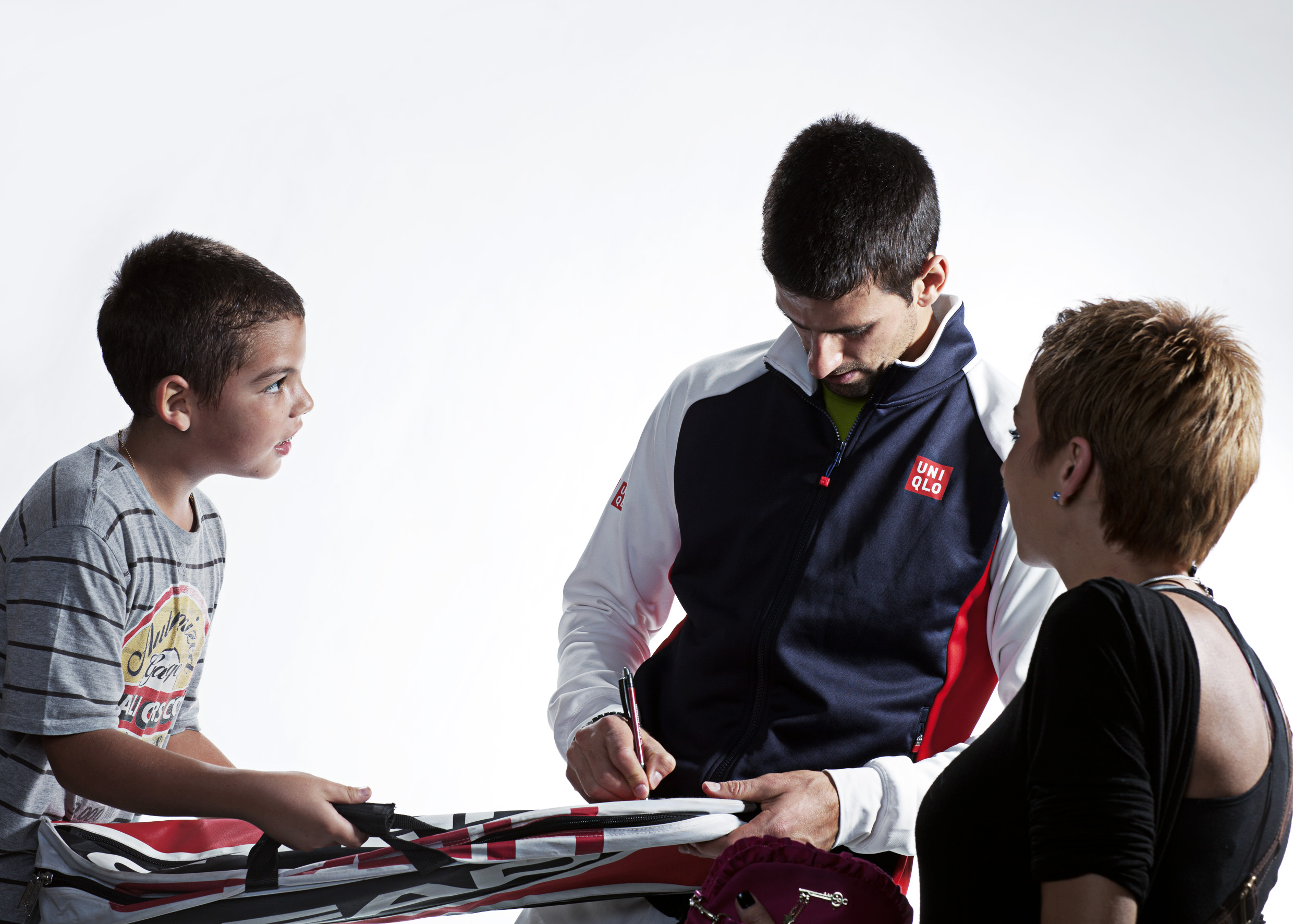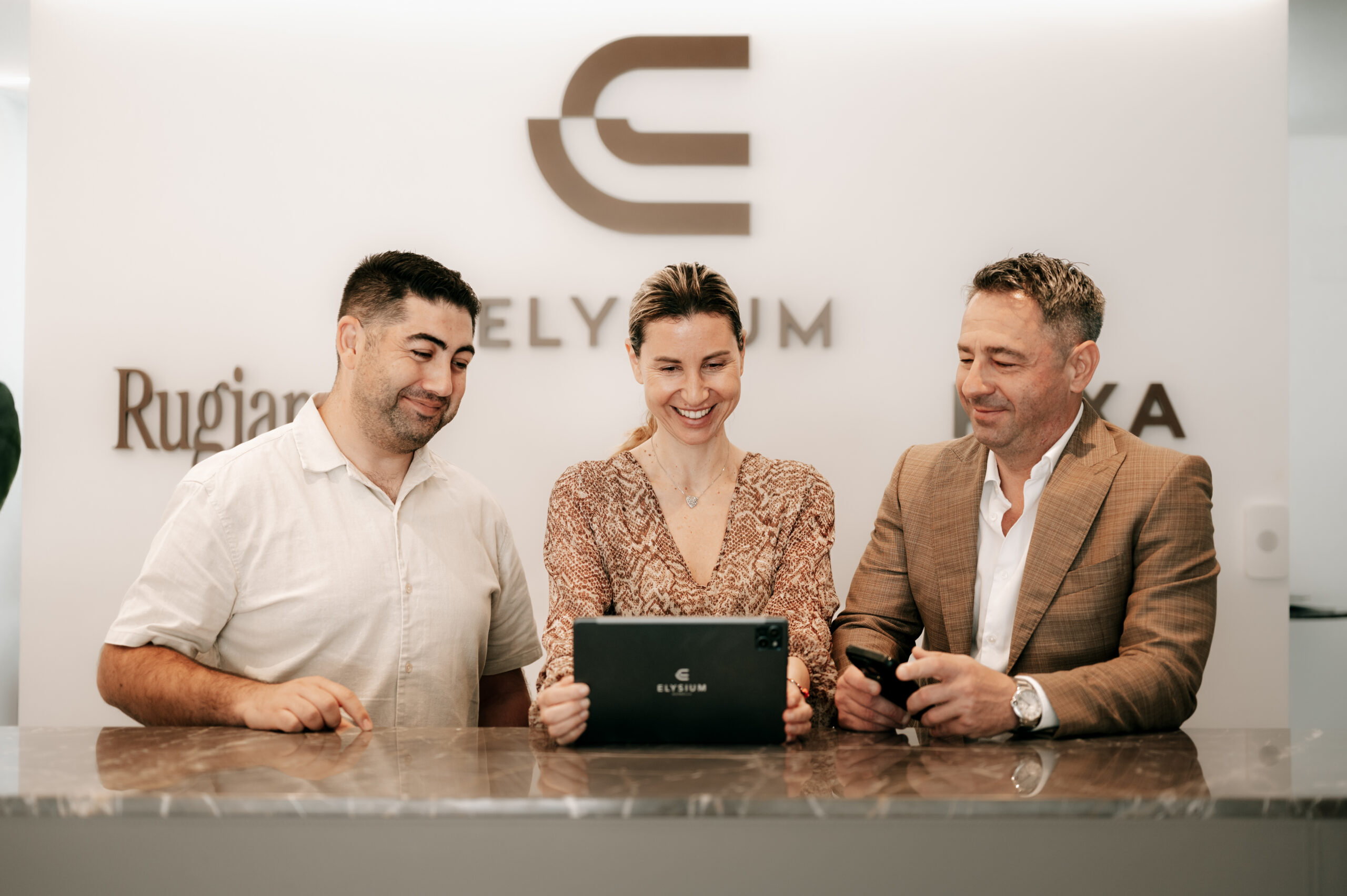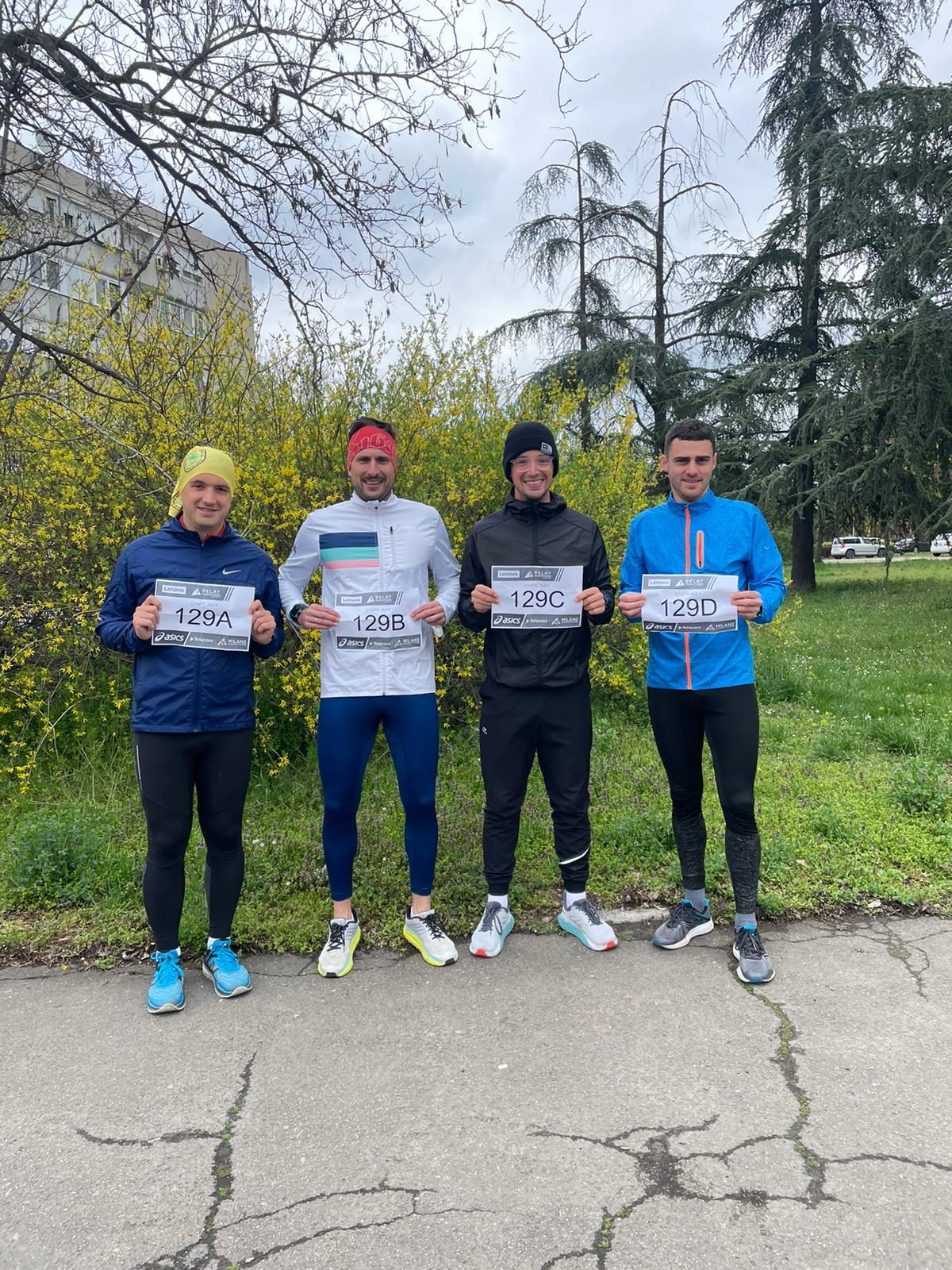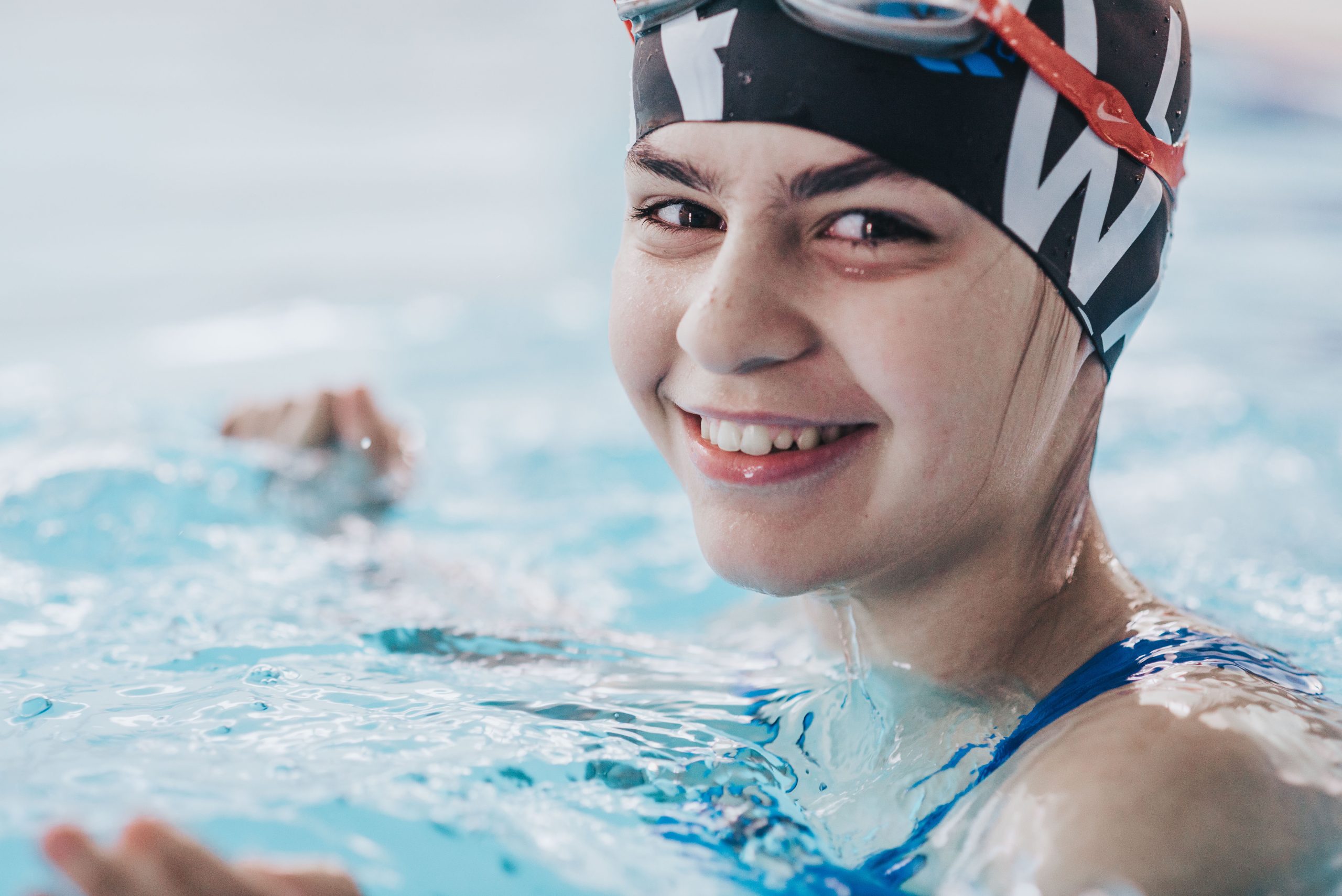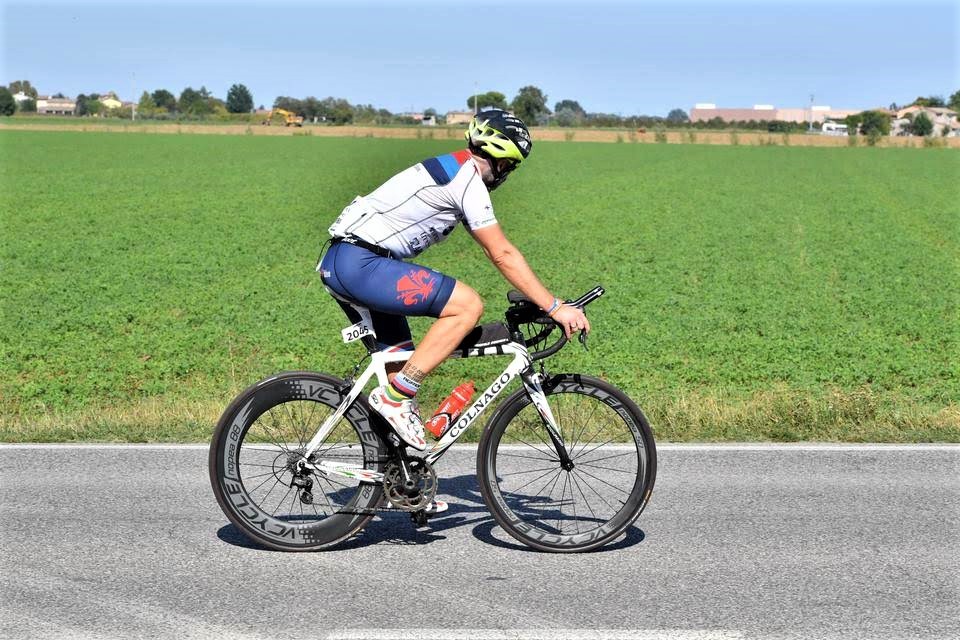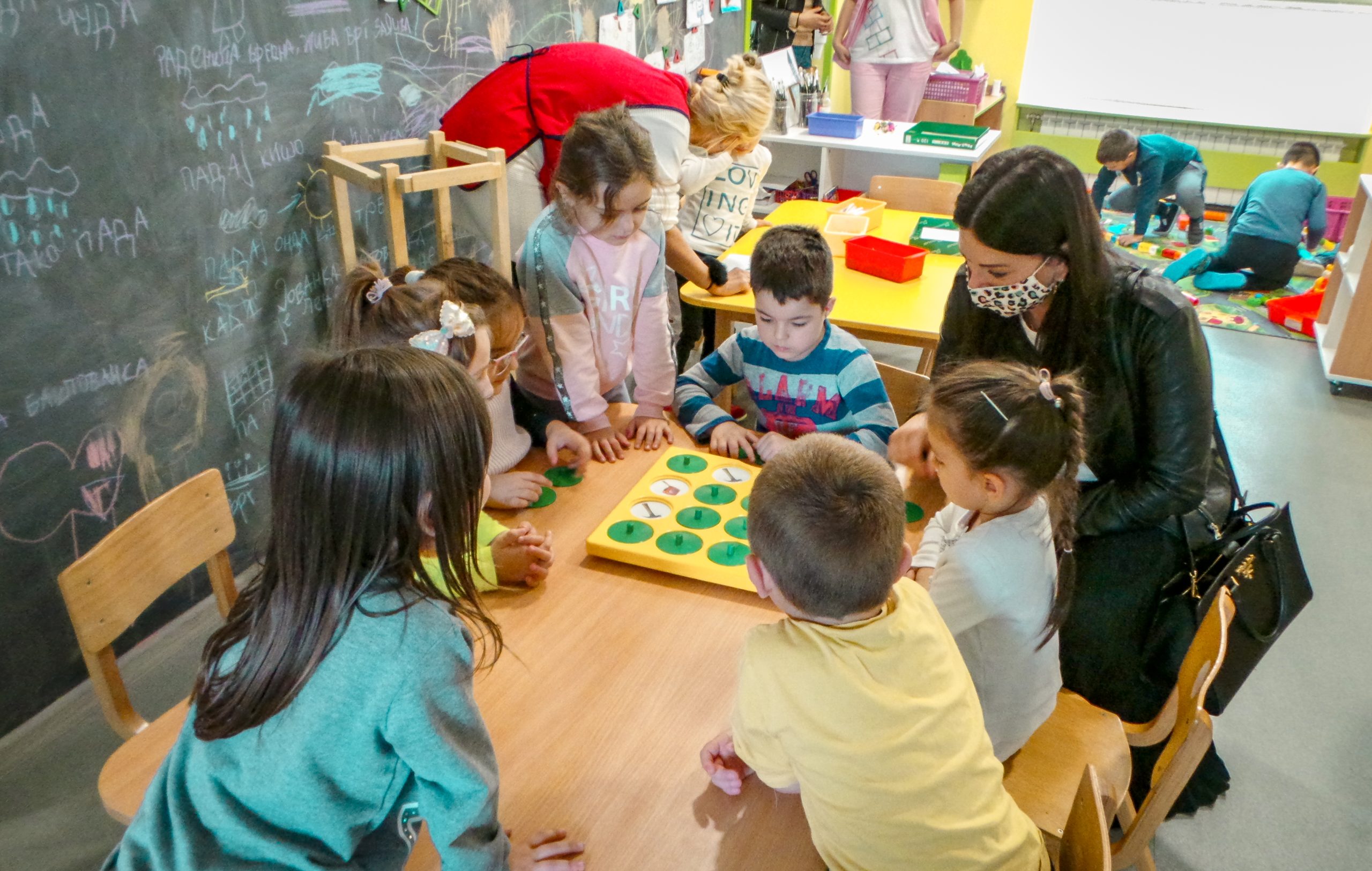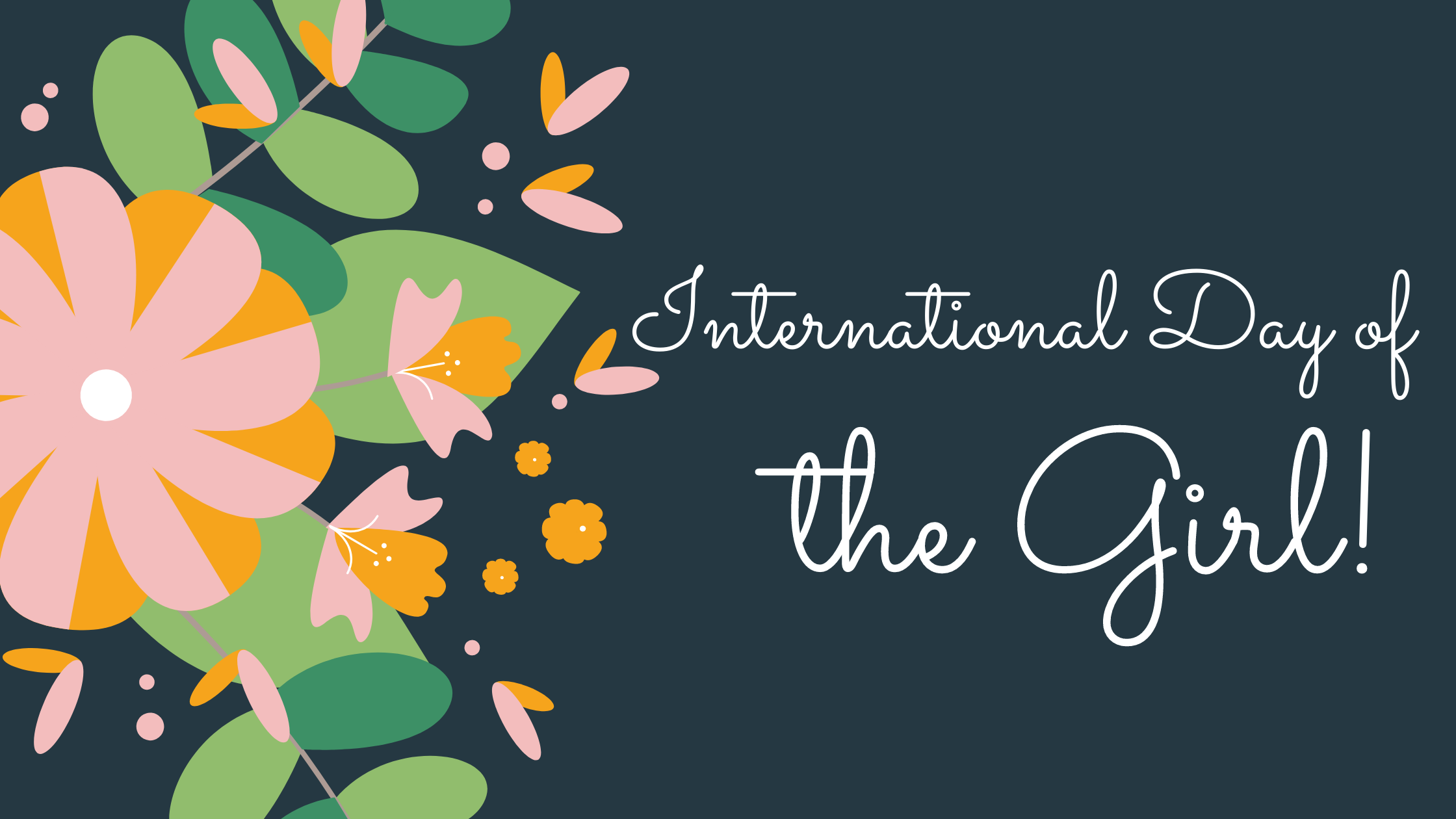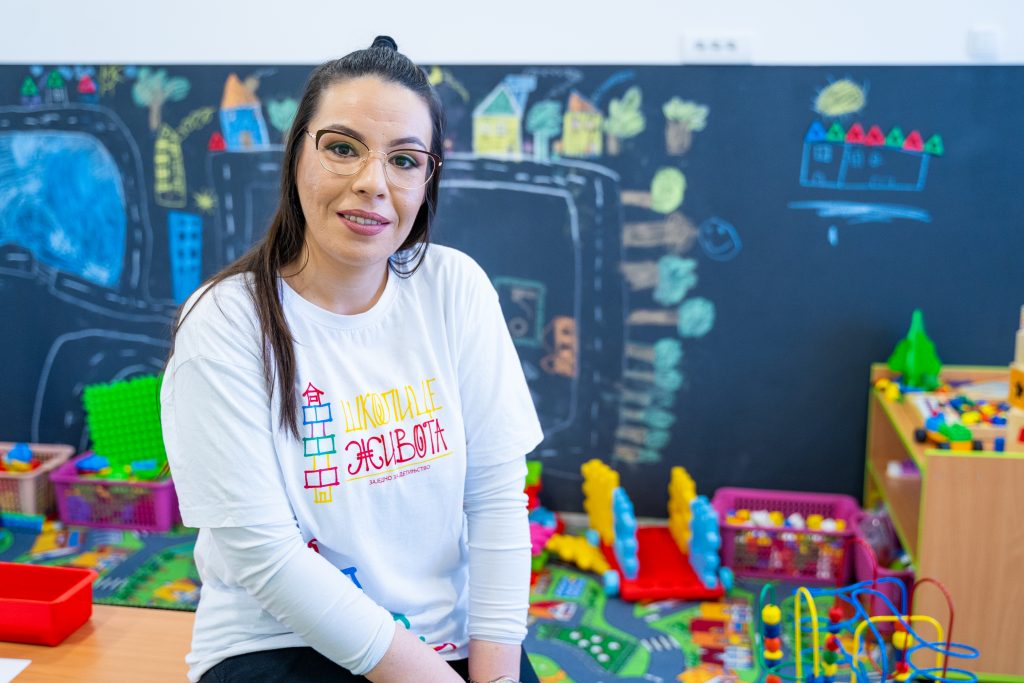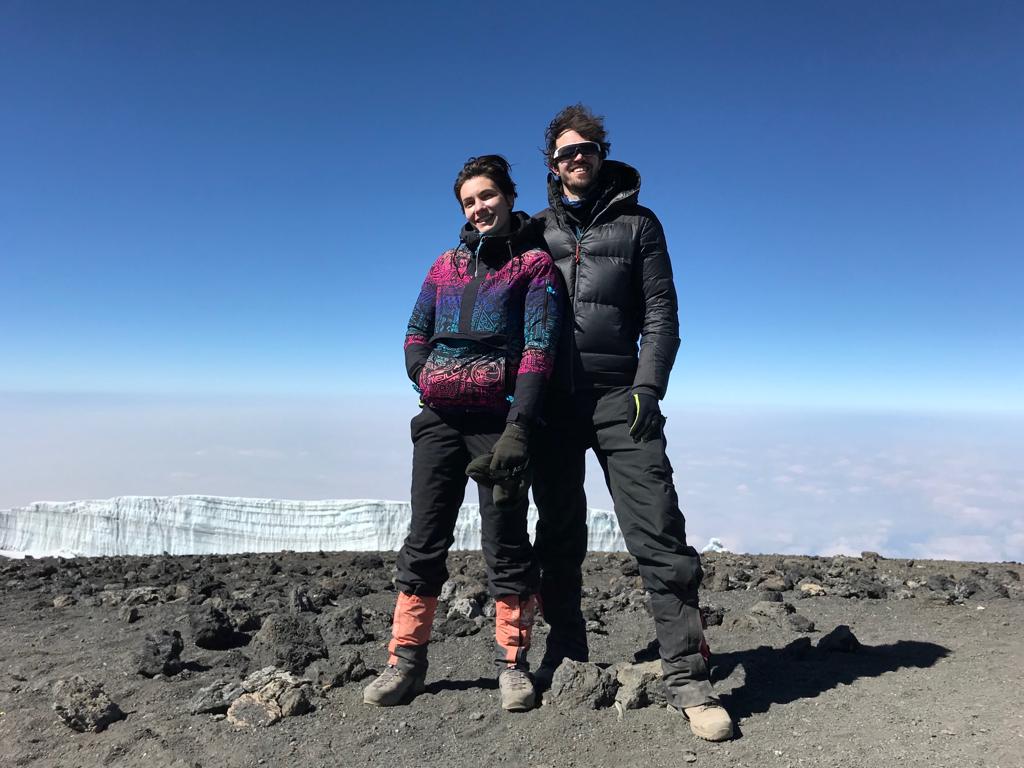Can a joker change the world? We think so. Do you?
For Novak Ɖoković, dubbed the “Djoker” by his adoring fans, it is not enough to be the men’s number one tennis player in the world. Now he wants to change the world. The prankster tennis champ wants to change global fortunes by giving every child an equal chance to succeed through excellent early childhood development, which is also born out of his own childhood in the war-torn Balkans.
The case for early childhood development, which is a relatively new area for development practitioners, is very strong and supported by new evidence from neuroscience research and program evaluation. Critical brain development occurs before the age of five. Children who participate in early childhood development programs that address not just cognitive but also social and emotional learning have better attitudes, fewer behavioral problems, better academic performance, and higher incomes in adult life than kids without such programs. And the benefits are greatest for kids most at risk: those from poor families, minorities and other marginalized groups in society. Early childhood development for these kids is a doorway into mainstream education and academic success, helping to break the cycle of poverty and marginalization and contributing to a peaceful and prosperous society. While much progress has been made in recent decades, nearly 160 million young children worldwide remain without access to pre-primary education for early childhood development.
There is another dimension to early childhood development in the Balkans, a region historically torn by conflict. Ɖoković was born two years before the fall of the Berlin Wall in 1989, and by the age of four””the year he started playing tennis””his country, Serbia, was at war in a futile attempt to hold onto the crumbling Yugoslav Federation. Indeed, the past 25 years have been marked by recurrent conflict in the Balkans, and those who gathered last year in Bosnia to remember the 100th anniversary of the assassination that sparked World War I or who fought in the Balkan wars of the 1990s might assume that violence is an inevitable part of the future in the Balkans.
Novak Ɖoković doesn’t think so, and he believes that a key to a peaceful and prosperous future in Serbia and the Balkans is to give every child””regardless of economic background or ethnicity””the opportunity to dream big, and to realize his or her dream. He has dedicated the work of the Novak Ɖoković Foundation to this aim, with a focus on expanding access to high-quality early childhood education among poor and disadvantaged families in Serbia and beyond. Only half of all young children in Serbia currently attend early childhood education programs, and only 10 percent of the poorest children attend. The situation is even worse for those from the Roma minority living in informal settlements, where only 6 percent of children attend preschool and where many families are trapped in an inter-generational cycle of poverty.
Together with other successful athletes and businessmen, Ɖoković represents a new generation in the Balkans. This generation wants to move beyond a troubled past toward a future of peace and prosperity within the European Union. They have a long way to go. The Western Balkans””those Balkan countries outside of the Europe Union, including Serbia””have income levels only one-third that of the European Union and a growth rate averaging only about one percent per annum since the global crisis in 2008. Growth rates upward of six percent per year will be needed in order to catch up to the European Union in the next 20-30 years.
Generational change is coming to political leadership in the Balkans as well. Young leaders are realizing that the strength of each nation lies in a broader regional approach to stimulating investment, restoring economic growth, and creating jobs for young workers. Currently half of all Balkan youth are idle, posing a risk to social stability and wasting the most precious resource of each nation. Two such leaders””Prime Ministers Edi Rama of Albania and Aleksandar Vučić of Serbia””are overcoming long-standing animosity between their two nations through an exchange of high-level visits, the first such diplomatic overture in seven decades. But both leaders know that changing social attitudes is a long-haul effort, and the best place to start is with the young. They have teamed up in creating a Regional Youth Cooperation Council, which was endorsed by all Western Balkan prime ministers last Thursday at a high-level summit in Vienna, Austria.
While Balkan heads of state readied themselves for the regional summit, Novak Ɖoković was in New York, preparing for the U.S. Open. But he also “upped his game” by signing an agreement for his foundation to partner with the World Bank to promote access to early childhood development worldwide. As Ɖoković put it:
We need to make sure all children have an equal chance to grow up and develop into caring citizens of the world.
The budding partnership will blossom in Serbia first, with the aim of extending early childhood education to every Serbian child in the next few years, building on the prime minister’s commitment to long-term social change. In this way, Ɖoković is determined to alter his country’s trajectory, moving from the conflict and economic stagnation of the past to a more tolerant, peaceful, and prosperous Serbia.
This is a tall order given the convulsive history of the Balkans. But with recent rapprochement among Balkan countries, and supportive government and international partners, Ɖoković can use his celebrity status and powerful advocacy to make a life-changing difference for children in Serbia and the Balkans. Yes, this joker can change the world.
Source: Brookings.edu
Authors: Ellen Goldstein i Tim Johnston

